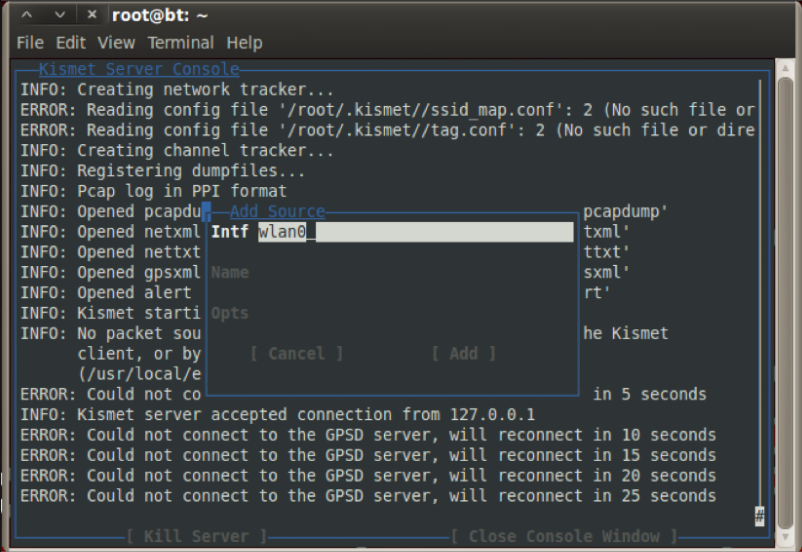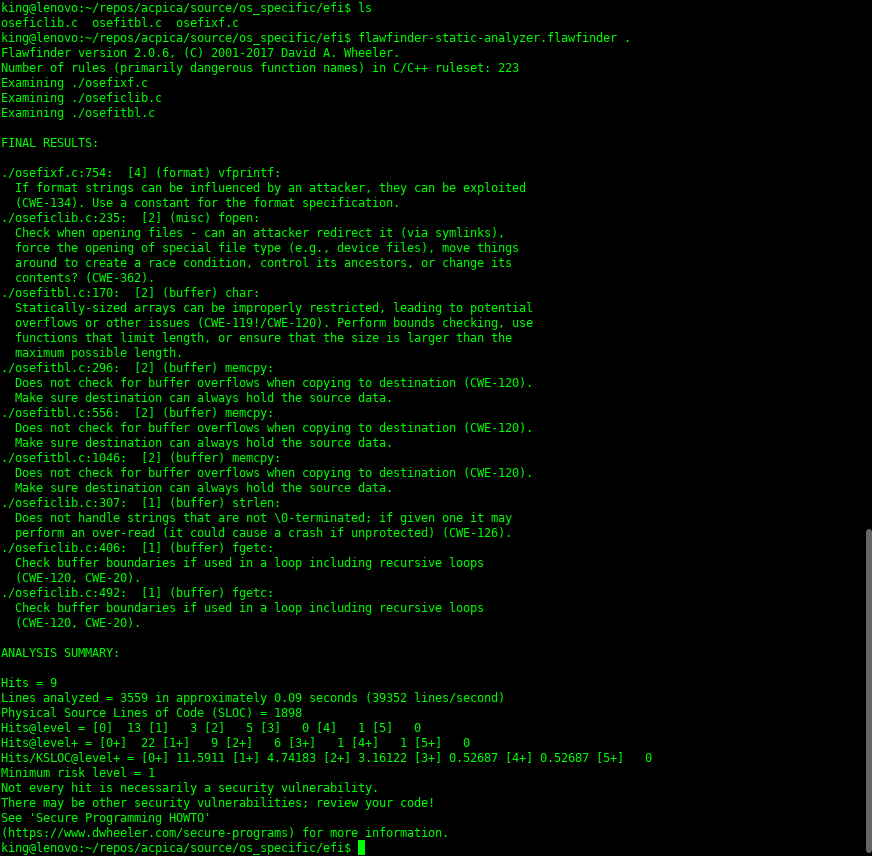
(sudo) wireshark select an interface (probably eth0)Ĥ. Start a ping between your computer and another computer.
#HTTP SNIFFER LINUX INSTALL#
Debian/Ubuntu: aptitude install wireshark Red Hat/Mandriva/Fedora: yum install wiresharkĢ. Install wireshark on your computer (not inside a virtual machine).
#HTTP SNIFFER LINUX MANUAL#
Many more examples can be found in the manual page of tcpdump.ġ.

With tcpdump -r $filename the file created above can be displayed. Tcpdump: listening on eth0, link-type EN10MB (Ethernet), capture size 96 bytes Same as above, but write the output to a file with the tcpdump -w $filename command. This screenshot is cropped to 76 characters for readability in the pdf. Listening on eth0, link-type EN10MB (Ethernet), capture size 96 bytesĬapturing only ssh (tcp port 22) traffic can be done with tcpdump tcp port $port. Tcpdump: verbose output suppressed, use -v or -vv for full protocol decode Using the tcpdump host $ip command displays all traffic with one host (192.168.1.38 in this example). Sniffing on the command line can be done with tcpdump. Things become clearer when you enter icmp in the filter field and press the apply button. In total more than 200 packets were sniffed from the network.

ping statistics -ġ packets transmitted, 1 received, 0% packet loss, time 0ms linux-training.be ping statistics -ģ packets transmitted, 3 received, 0% packet loss, time 2003ms I started the sniffer and captured all packets while doing these three ping commands (there is no need for root to do this): ping -c2


 0 kommentar(er)
0 kommentar(er)
